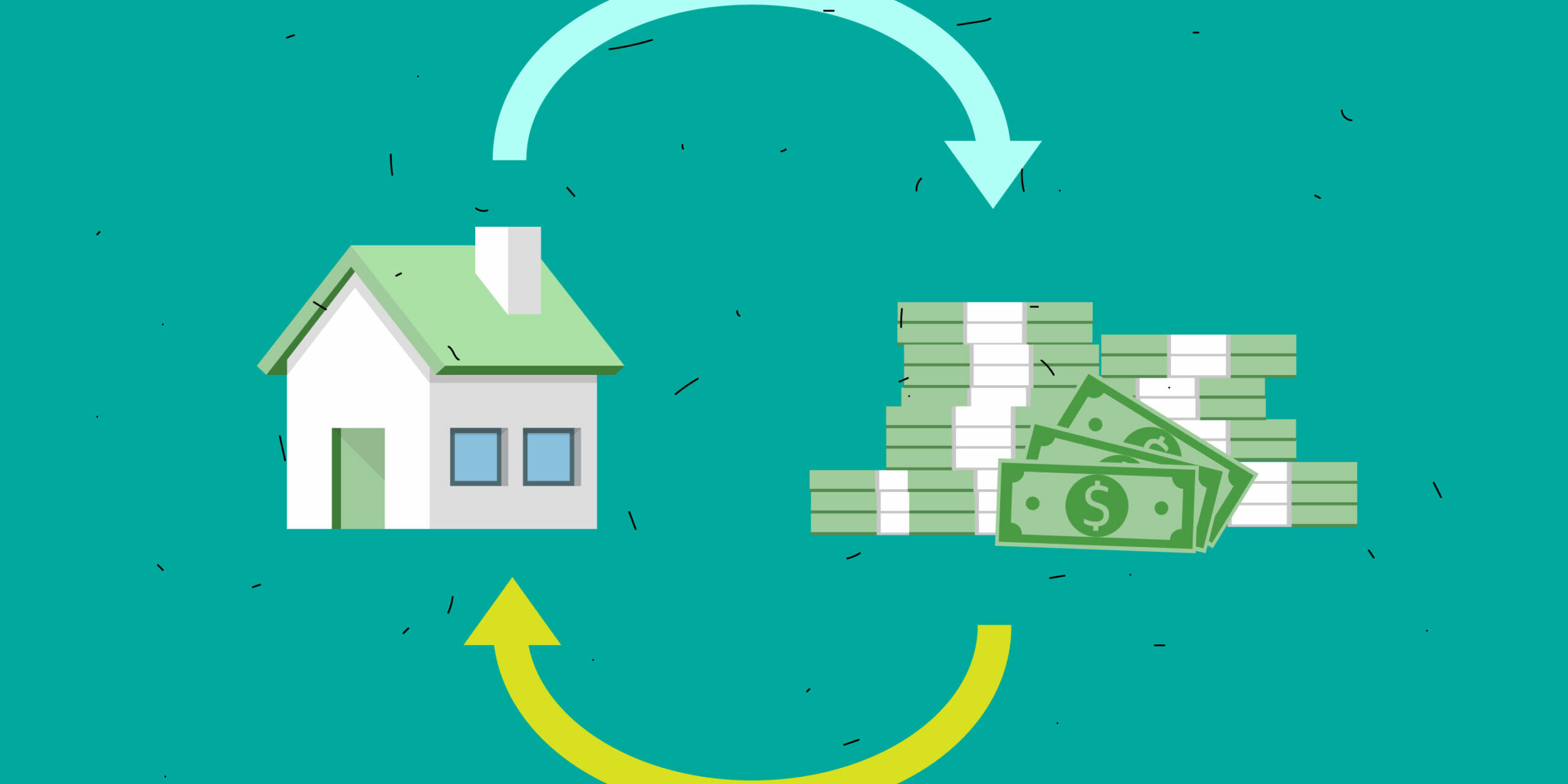As we age, retirement comes along, and we start making different financial decisions. One of the biggest expenses we have is a home. We buy it, build memories, and spend a considerable amount of our earnings on it. But what if you could get some financial security in your later years based on the equity you have built up in your home? That is where reverse mortgage comes in. In this blog, we will explore the world of reverse mortgage and how it could be a viable option for senior homeowners.
What is a Reverse Mortgage?
A reverse mortgage is a type of home loan that allows homeowners over age 62 to convert some of the equity in their home into cash. Unlike traditional mortgages, borrowers do not have to make monthly payments on a reverse mortgage. Instead, the loan is repaid when the borrower dies, sells the home, or permanently moves out.
Advantages of Reverse Mortgage.
Reverse mortgages have several advantages, primarily providing cash to senior homeowners. This cash can help to cover mundane expenses like groceries, living expenses, medical bills, or even take them on vacations they have always wanted in their retirement years. Additionally, reverse mortgage proceeds aren’t taxable and do not affect Social Security or Medicare benefits. Seniors can continue living in their homes without worrying about their mortgage payments, and the loan will not become due as long as they live in their homes.
Reverse mortgages can be a valuable option for senior homeowners who need a little bit of extra cash to make ends meet, but it’s essential to understand the fees associated with obtaining a reverse mortgage and how the loan balance will increase over time. Additionally, while the loan proceeds can be a lifesaver, they can also lead to less inheritance for heirs. Knowing the ins and outs of a reverse mortgage will ensure that seniors make informed decisions and are comfortable with the terms of their loans.
Reverse mortgages are a feasible option for senior homeowners who have worked hard and built equity in their homes. They can be a great way to supplement income in retirement, but borrowers need to consider the advantages and disadvantages before signing on the dotted line. While reverse mortgages have their potential risks, they can provide the borrower with a sense of financial security and allow them to stay in their homes for a longer time. If you are considering applying for a reverse mortgage, make sure to reach out to your Mortgage Professor to discuss your options.


